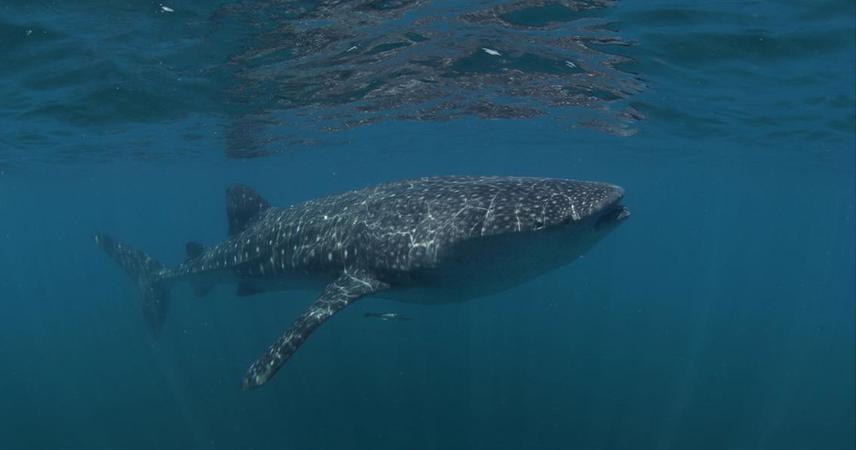Document long-term coastal exploitation at Holbox Island by integrating ecological, historical, and archaeological data on coastal exploitation, together with traditional fishers’ knowledge, collected through surveys. For the second year of this research, we will investigate how tourism modified the socioecological and sociocultural environments of Holbox. The spatial results of fishing sites obtained in 2016, coupled with preliminary underwater observations of fishing sites that will be obtained in the second year, will initiate our documentation on the health of Holbox’s fishing habitats. Our results aim to provide guidelines for developing policies focused on sustainably managing coastal resources and landscapes at Holbox.

Overfishing is a dire problem for artisanal fisheries globally, besides the status of many artisanal fisheries is unknown because of scant data. We studied fisheries exploitation at Holbox Island (hereafter Holbox) in our first year at the field. Our results on fishers’ traditional knowledge, literature sources, and archaeological records were integrated using historical ecology techniques and geospatial tools. Survey’s results allow the construction of maps which identified over 80 fishing sites that were very productive and 40 highly fished species over the past 40 years. Fishers’ and literature sources report increasing fishing effort through the mid 20th century, illegal fishing, and socio-environmental issues related to tourism development. The later has disrupted the long-term relationship local people had with the sea.
At Holbox whale shark tourism is leading the community towards a tourism based economy which could replace the strong economic dependence many locals have on fishing activities. Our future research aims to:
(1) document how increasing tourism has modified the socioecological environment at Holbox;
(2) continue obtaining baseline data that supplements our results related to fishers’ perspectives on coastal exploitation and document the ecological health of important fishing sites reported in our survey data.
